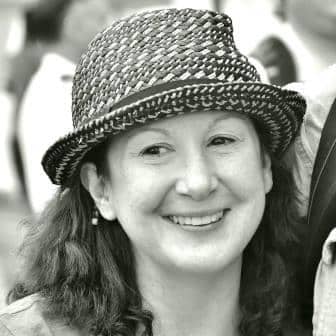Working with Metastatic (Stage 4) Breast Cancer

It was the third time I had seen my doctor about debilitating left hip pain. I didn’t have bursitis, and my physical therapy did nothing, so my doctor ordered an MRI. She walks in the exam room and tells me that the MRI shows suspicion for metastatic breast cancer.
Through the tears, I ask her “Will I have to stop working?”
I teach sociology at a mid-size university in the Midwest. Career has always been important to me, and frankly, it makes up a large part of my identity. I get a lot of pleasure and meaning from working with students, conducting research, and providing services to my profession.
“Many people work through chemo,” my doctor reassures me.
But what about people with metastatic breast cancer who never finish chemo or other kinds of cancer treatments and are constantly in and out of doctors’ offices for the rest of their lives?
At first, I didn’t tell anyone at work about my diagnosis, including my students. Would people think I could no longer do my job? Would people think I would make excuses if the quality of my work suffered? Would my students be scared of me?
After living with metastatic breast cancer for over 10 years and continuing to work, I’ve become more comfortable talking about cancer with my colleagues and students. But my fear of leaving work gets triggered whenever opportunities come up in my job that I cannot pursue. I constantly ask my doctor for updates on possible new treatments that may help my type of cancer without forcing me to end my career.
I have finally started to work at a more reasonable pace and only agree to opportunities that I find meaningful and important. The people at Sharsheret are extremely supportive, understanding, and helpful.
As a patient with metastatic breast cancer, I am used to being the oddball. I represent one of the biggest fears of patients with earlier stages of breast cancer. I feel listened to, valued, and supported through Sharsheret.
For that, I am very grateful.
